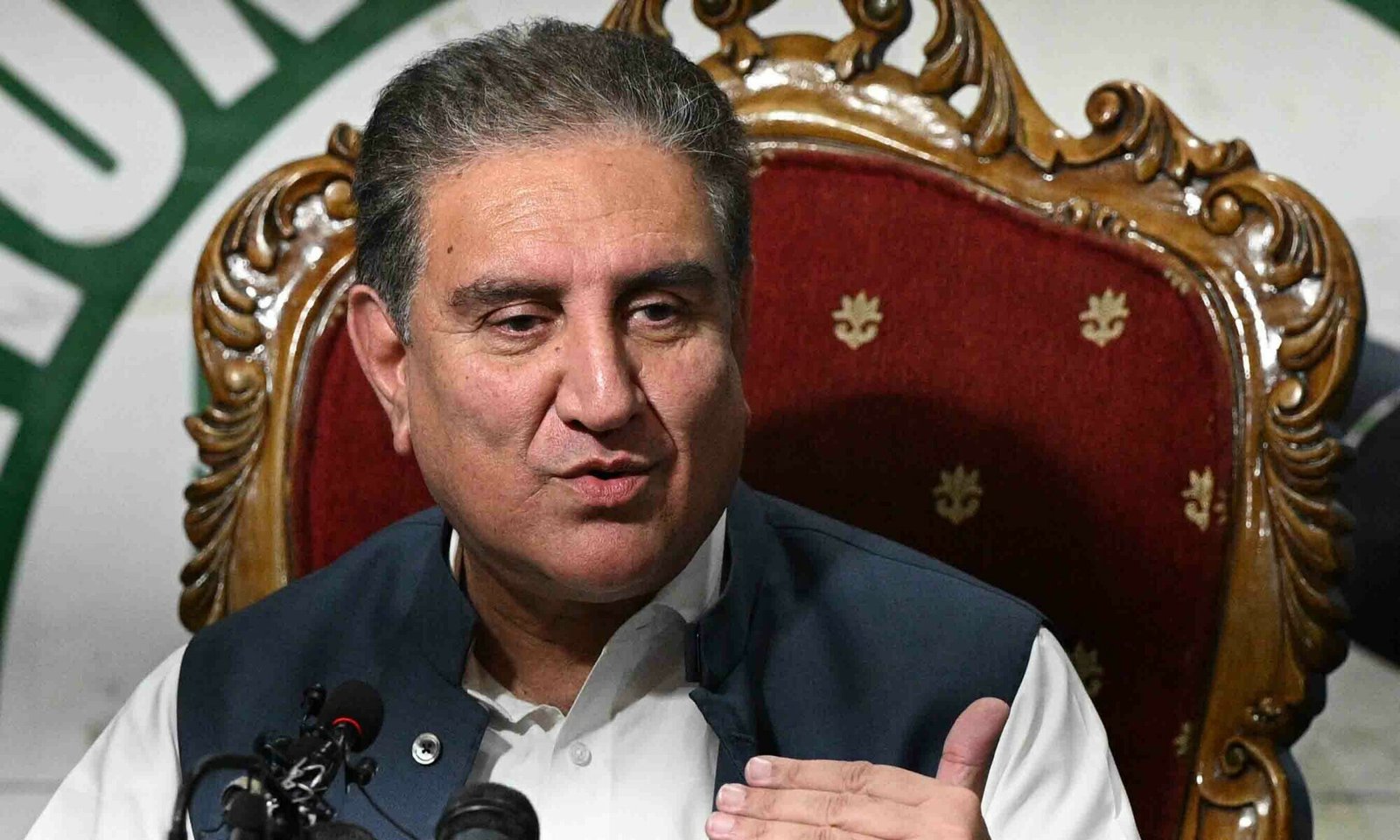Renowned economist and visiting professor of economics at the University of Oxford, Stephen Dercon, delivered a compelling address highlighting the need for transformative change in Pakistan’s socioeconomic structure. Speaking at a paid conference in Islamabad, Dercon emphasized that Pakistan’s elite class must undergo significant transformations to revitalize the nation’s economy, reduce dependence on foreign aid, and improve the standard of living.
Dercon began by stressing that Pakistan’s current situation necessitates drastic reforms, given that the elite’s power and legal privileges are eroding. He pointed out that there are no immediate solutions to the prevailing crisis and that a game of bargaining (“guftegu”) between various stakeholders, including the military, politicians, bureaucrats, scholars, and journalists, may be the path forward. However, he cautioned that this too offers no instant remedy.
During a subsequent press conference held on the second day of a paid conference, Dercon reiterated that Pakistan’s elite class is focused on maintaining the status quo, which he described as a zero-sum game. He argued that merely preserving the interests of the elite would not yield any solutions. He further stated that the International Monetary Fund’s (IMF) upcoming bailout package would also fail to provide a remedy.
Dercon observed that Pakistan’s economy is currently in dire straits, and the time has come to free it from shackles. He suggested that the country needs to find common ground and break away from the financial dependence on foreign partners. He highlighted that Pakistanis’ quality of life continues to deteriorate compared to their counterparts in other developing nations. He underscored that comprehensive reforms are necessary to put Pakistan on a path of sustainable development.
While acknowledging that the current political instability and uncertainty pose significant barriers to investment in Pakistan, Dercon emphasized that governance issues require broad-based political commitment to implement substantial reforms effectively.
Dercon’s remarks resonated with the audience, as they signaled the urgency for Pakistan to shift from its existing socioeconomic model and break the cycle of dependency on foreign aid. He called for a new approach that prioritizes economic growth, job creation, and provides equitable opportunities for all citizens.
Stephen Dercon’s message serves as a stark reminder that Pakistan’s socioeconomic landscape is at a crossroads. To achieve meaningful progress and improve the lives of its citizens, the country must embrace transformative change, eliminate governance challenges, and prioritize long-term, sustainable development over short-term gains. The road ahead may be challenging, but it is essential for Pakistan’s future prosperity and stability.



